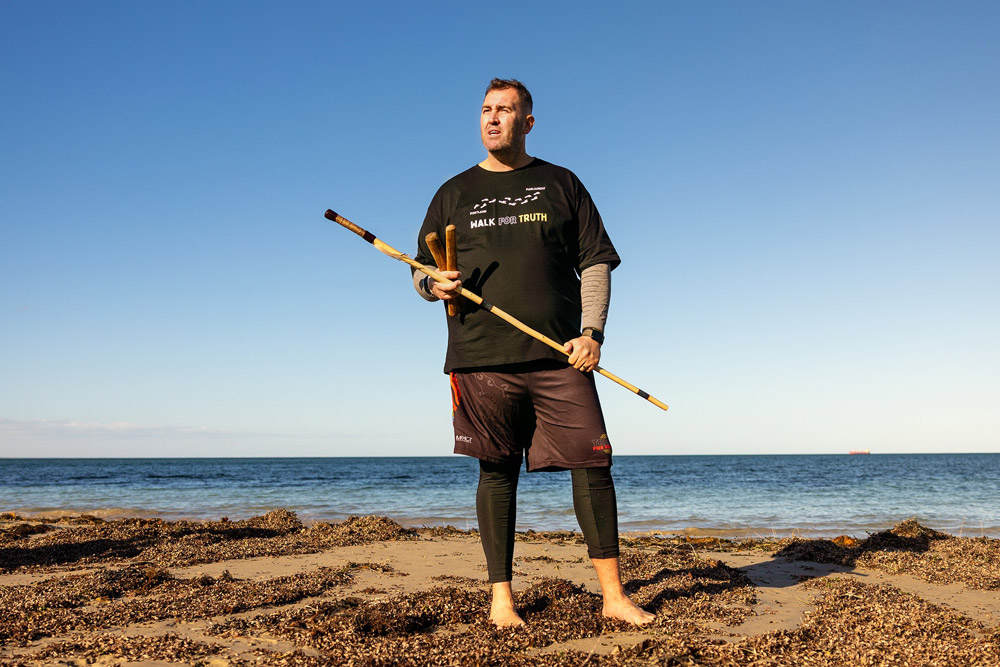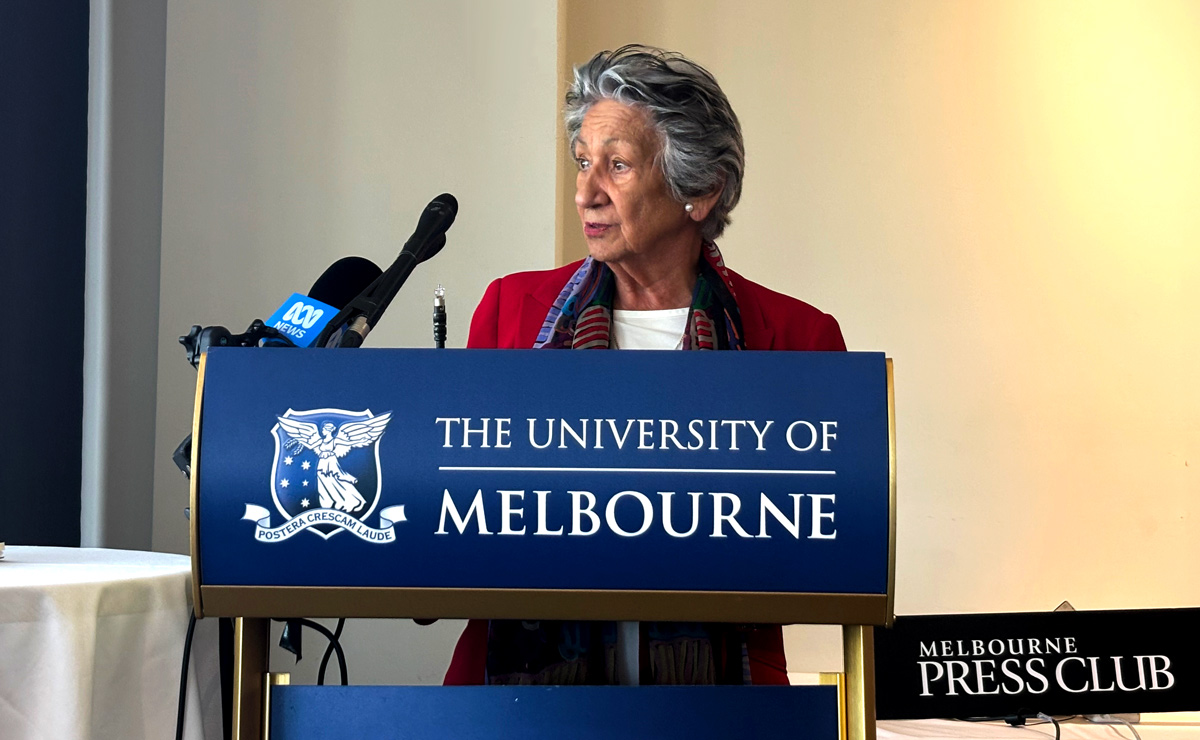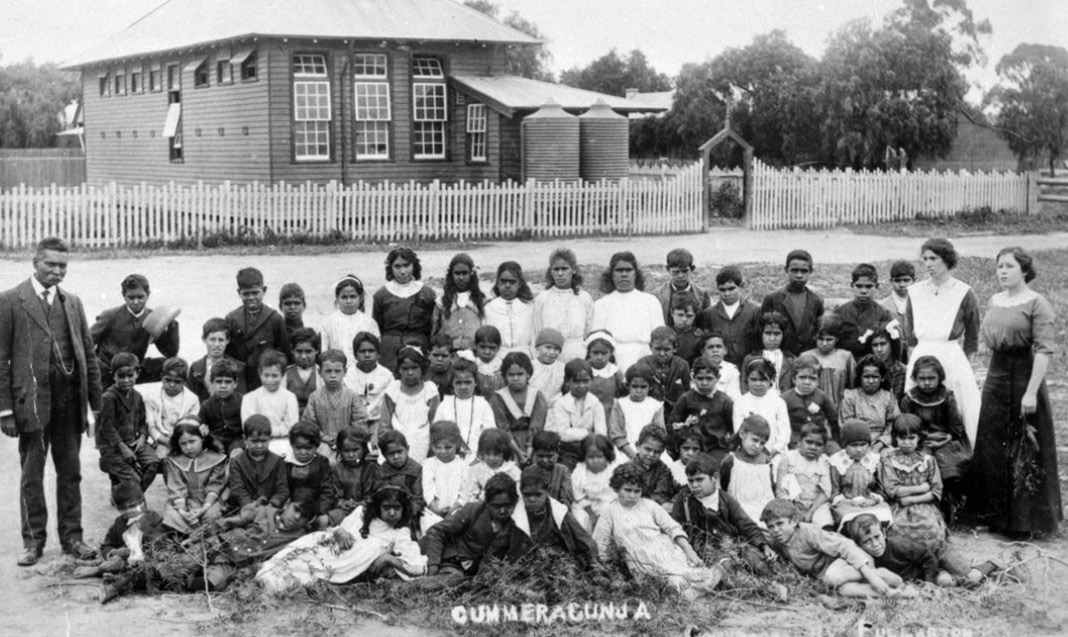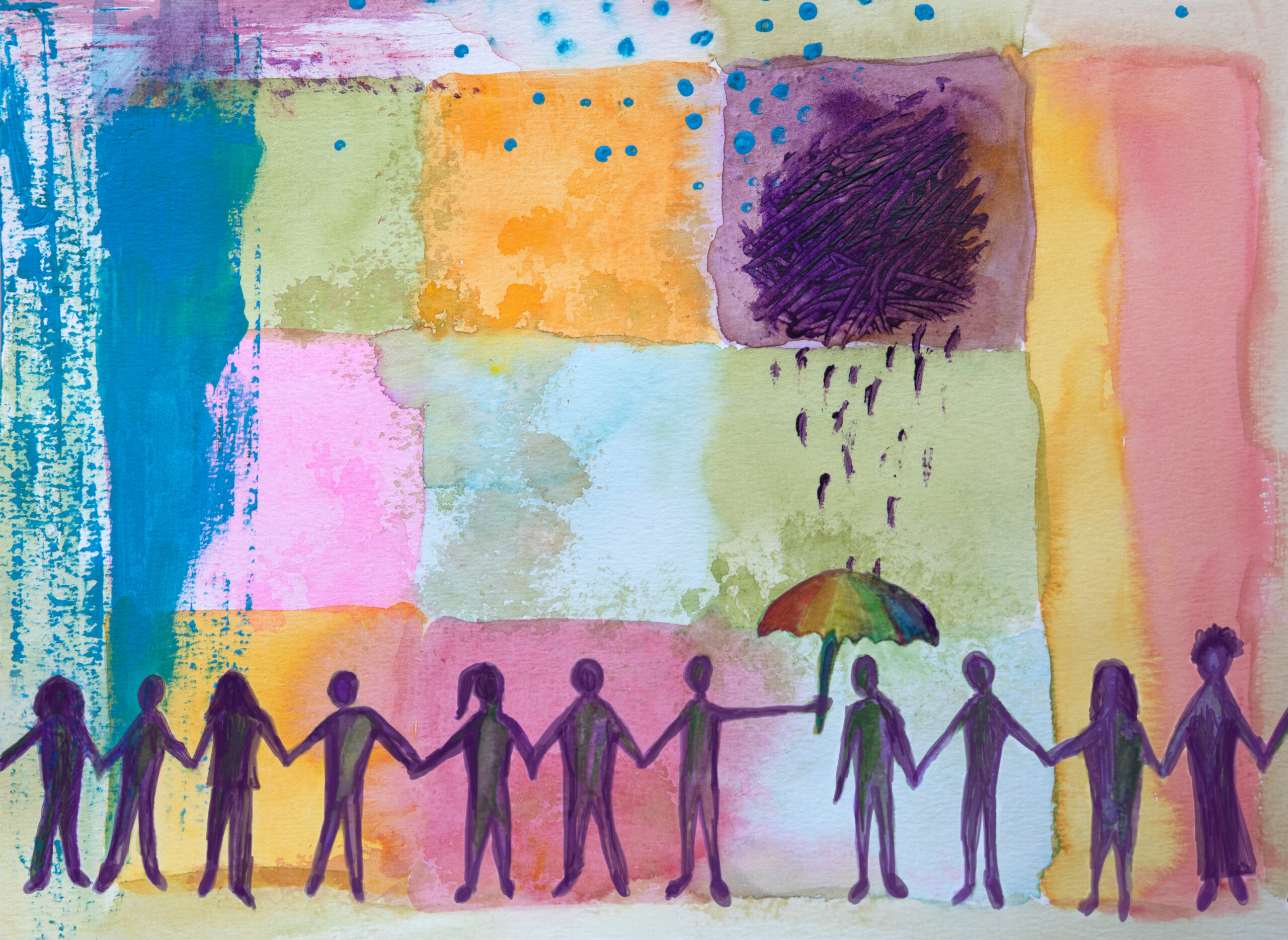
Yoorrook aims to be a safe, supportive and culturally appropriate place where you can tell your story or share information about injustice against First Peoples in Victoria.
Telling the truth can be challenging sometimes. You might want to talk about difficult things you’ve seen or heard at work or things that would usually be kept confidential.
The Yoorrook Justice Commission has been set up as a Royal Commission. This means it has ways to protect you and your information when you tell your story.
How Yoorrook can protect you and your information
There are several ways that Yoorrook can protect you and your information:
- You can share information confidentially or anonymously with Yoorrook.
- Yoorrook can make orders restricting access to information you choose to share.
- There are legal protections for people sharing information with Yoorrook that limit how others might use that information against you.
- Yoorrook can take steps, such as giving you a notice to produce information or a notice to attend a Yoorrook hearing, that give you certain legal protections. For example, Yoorrook can take steps to protect you if you share information with Yoorrook that is covered by employment confidentiality obligations.
- There are legal protections to stop employers from taking action against workers if they share information with Yoorrook.
- You can give evidence in confidence or at a closed hearing.
If needed, Yoorrook can do additional things or combine some of these options to make sure you and your information are protected.
The way these protections work will vary depending on your individual circumstances. That’s why it is important to get legal advice on your situation.
Examples of when you should contact Yoorrook or get legal advice before sharing your story or information with the Commission:
Example 1: Whistleblowing – You want to share information about something that happened to you or which you learned through your employment and you worry that action could be taken against you for sharing that information.
Example 2: You want to share personally or culturally sensitive information.
Example 3: You want to talk about a current or past court case.Example 4: You want to talk about something that is against the law or that could lead to criminal charges against you or somebody else.
See more examples below.
Getting legal advice
First Peoples can obtain free and confidential legal information, advice and support from Lotjpa Independent Legal Service. This service is run by the Victorian Aboriginal Legal Service and Victoria Legal Aid. It is independent from Yoorrook.
In certain cases, non-Indigenous people can also access free and independent legal support to tell their story or share information with Yoorrook. For example:
- Lotjpa can assist non-Indigenous people whose Yoorrook issue relates to a First Peoples’ family member.
- The Human Rights Law Centre can assist non-Indigenous people whose Yoorrook issue relates to confidentiality obligations due to past or ongoing employment.
You can contact Lotjpa (Victoria Legal Aid) on:
- Phone: (03) 8610 9830 (open from 10 am to 5 pm, Monday – Thursday)
- Email: [email protected]
Or Lotjpa (Victorian Aboriginal Legal Service) on:
- Phone: (03) 9418 5999 (open from 9 am to 5 pm, Monday – Friday)
- Email: [email protected]
The Human Rights Law Centre can be contacted at:
- Email: [email protected]
More examples of when you should contact Yoorrook or get legal advice before sharing your story or information with the Commission:
Example 5: You want to criticise another person or their organisation and what you say may harm the person’s reputation.
Example 6: You want to share information about someone or an organisation and you are worried about them treating you or another person badly if you share your story.
Example 7: You want to share information but you have made a legal agreement with a person or organisation not to share the information.
Example 8: Telling your story or sharing information with Yoorrook may break laws such as secrecy or confidentiality provisions that apply to you.
Contact us
You can contact Yoorrook directly to discuss your options by calling 1800 966 775 or emailing [email protected].
More information about legal support is available here.
More information about making a submission is available here.
